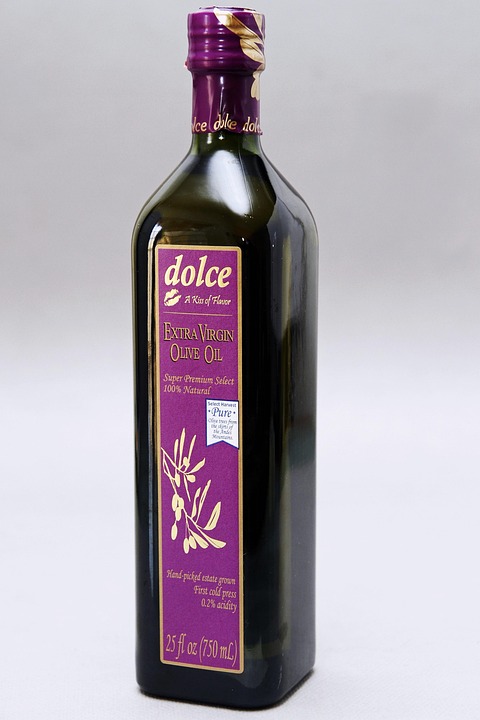Introduction
The olive oil industry has been facing increasing challenges with counterfeit products and mislabeling, leading to concerns about the authenticity and origin of olive oil. To address these issues, brands are implementing various strategies to verify the authenticity of their olive oil products and ensure transparency in the supply chain. In this report, we will explore how brands are leveraging technology and industry partnerships to authenticate the origin of olive oil, while also examining the financial implications of these efforts.
Challenges in the Olive Oil Industry
The olive oil industry has long been plagued by issues of fraud and mislabeling. Counterfeit olive oil products are often passed off as high-quality, extra virgin olive oil when they are actually lower-grade oils or even blends of different oils. This not only deceives consumers but also harms legitimate producers who adhere to strict quality standards.
Impact of Fraud on the Industry
According to a report by the Olive Oil Times, the global olive oil market loses an estimated $1.5 billion annually due to fraud and mislabeling. This has significant financial implications for both producers and consumers, as well as damaging the reputation of the industry as a whole.
Consumer Demand for Transparency
With growing awareness of food fraud and the importance of knowing where their food comes from, consumers are demanding more transparency from brands. They want assurance that the olive oil they are purchasing is authentic and has been sourced ethically.
Verification Technologies
To combat fraud and ensure the authenticity of their products, brands are turning to advanced technologies for verification. These technologies include blockchain, DNA testing, and spectroscopy, among others.
Blockchain Technology
Blockchain technology allows for the creation of a secure, transparent digital ledger that tracks the entire supply chain of olive oil, from the groves to the store shelves. This immutable record provides consumers with real-time information about the origin and quality of the oil they are purchasing.
DNA Testing
Some brands are using DNA testing to verify the authenticity of their olive oil products. By comparing the DNA of the oil to a database of known olive varieties, brands can confirm the origin of the oil and ensure that it has not been adulterated with other oils.
Spectroscopy
Spectroscopy is another technology being used to verify the authenticity of olive oil. By analyzing the molecular composition of the oil, brands can determine its quality and origin. This method is particularly useful for detecting adulteration with lower-grade oils.
Industry Partnerships
In addition to technological solutions, brands are forming partnerships with industry organizations and regulatory bodies to enhance the verification process.
Collaboration with Certification Agencies
Many brands are seeking certification from reputable agencies such as the International Olive Council (IOC) or the North American Olive Oil Association (NAOOA) to validate the authenticity of their products. These certifications provide consumers with assurance that the oil meets strict quality standards.
Partnerships with Producers
Brands are also forming partnerships with olive oil producers to establish direct supply chains and ensure traceability from farm to table. By working closely with producers, brands can verify the authenticity and quality of the oil at every stage of production.
Financial Implications
While implementing verification technologies and forming industry partnerships require upfront investment, the financial benefits of ensuring the authenticity of olive oil products are significant.
Increased Consumer Trust
By taking steps to verify the authenticity and origin of their products, brands can build trust with consumers and differentiate themselves in the market. This can lead to increased sales and brand loyalty over time.
Reduction in Fraud-Related Costs
By reducing the incidence of fraud and mislabeling, brands can save money on legal fees, product recalls, and damage control. The financial impact of fraud can be significant, making investment in verification technologies a wise decision for many brands.
Conclusion
In conclusion, brands in the olive oil industry are taking proactive steps to verify the authenticity and origin of their products in response to consumer demand for transparency. By leveraging advanced technologies and forming industry partnerships, brands can ensure the quality and integrity of their olive oil products while also reaping financial benefits in the long run. As the industry continues to evolve, it is crucial for brands to stay ahead of the curve and prioritize authenticity in their products.




